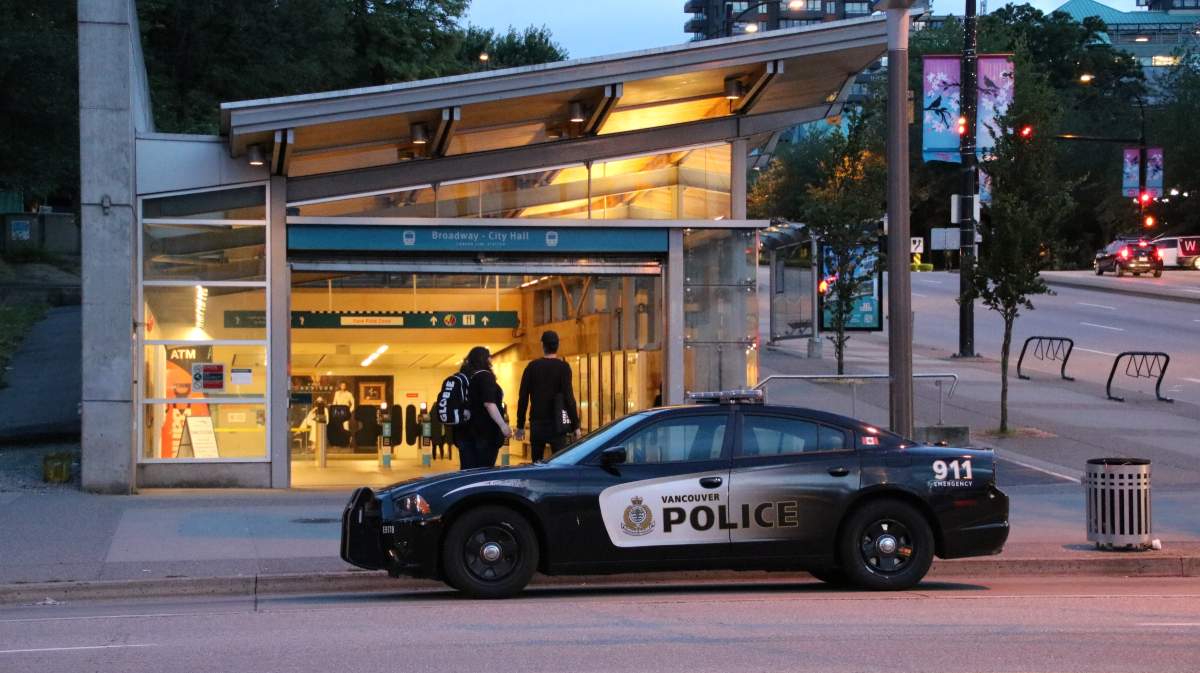Premier John Horgan says he’s concerned about data released by the Vancouver Police Department showing “carding” incidents disproportionately involved people who were Indigenous.

“I’m concerned, as is minister Farnworth, about the possibility that carding is taking place here in the Lower Mainland or other parts of B.C. and I’m confident he’ll have a better answer for you once he’s talked to law enforcement, whether it be municipal forces or the RCMP,” Horgan said Thursday.
Carding, also known as street checks, involves stopping people to gather information without a reasonable suspicion of an offence.

Get breaking National news
The data, which was posted to the VPD website in response to a freedom of information request, shows 16 per cent of those who were subjected to street checks in Vancouver last year were Indigenous people. Only about two per cent of Vancouver’s population is Indigenous.
In an emailed statement, VPD Const. Jason Doucette said street checks are a “valuable public safety tool for officers,” and are used when an officer encounters someone “believed to be involved in criminal activity or a suspicious circumstance, and documents the interaction.”
“Each officer must justify his/her actions whether they conduct a street check, perform a field interview, issue a violation ticket or effect an arrest. The VPD’s street checks are not based on ethnicity. They are based on a crime or an action,” he wrote.
Horgan added that police do need flexibility to do their work, but said it can’t come at any cost.
“There are constraints on that flexibility, and those are the issues that concern me. And if there’s a profiling element or a “carding” as its characterized here, I want to know why that is the case and minister Farnworth will get to the bottom of it.”
The data also shows people who were black were also disproportionately stopped, accounting for about five per cent of carding instances while the city’s population is just one per cent black.












Comments